Back to Courses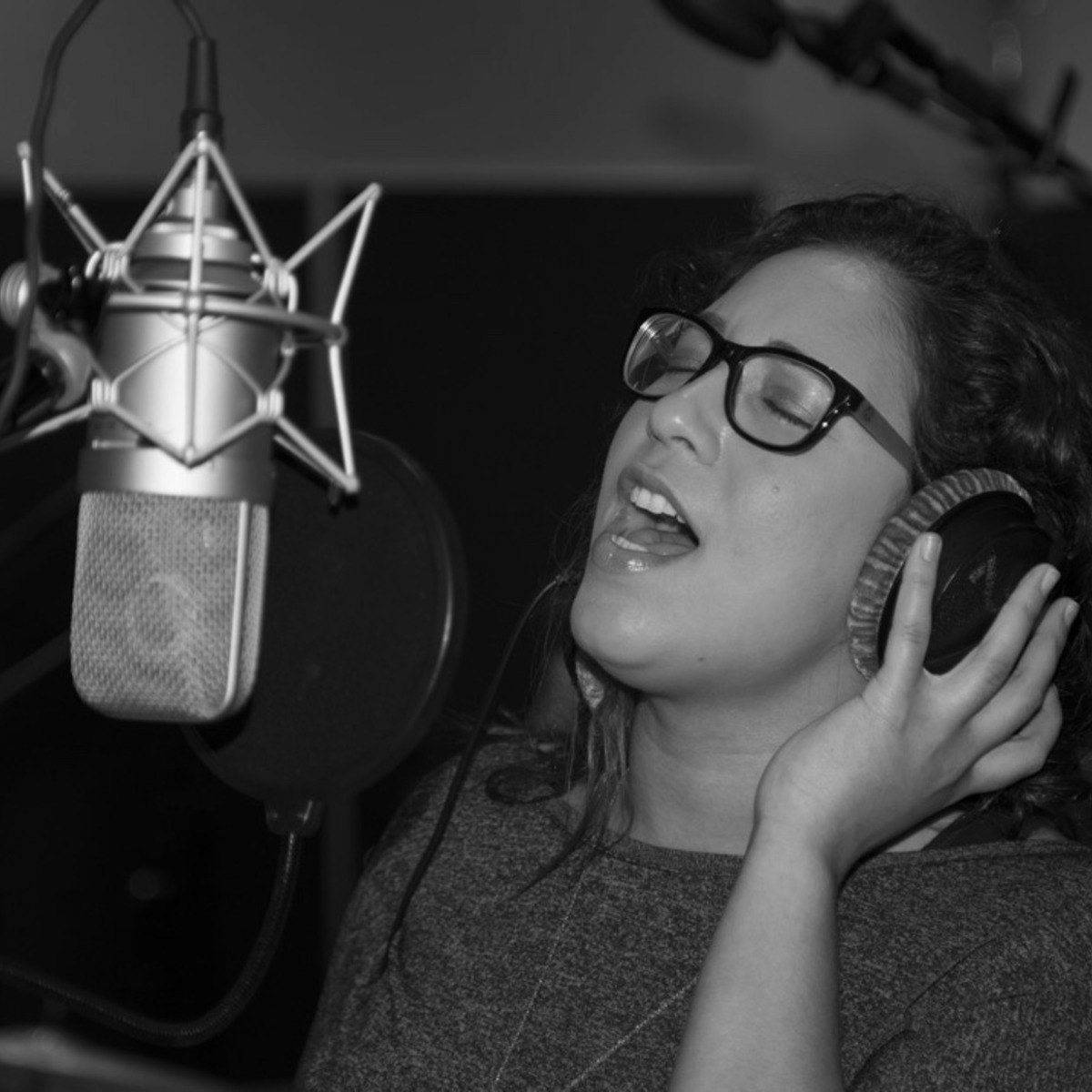
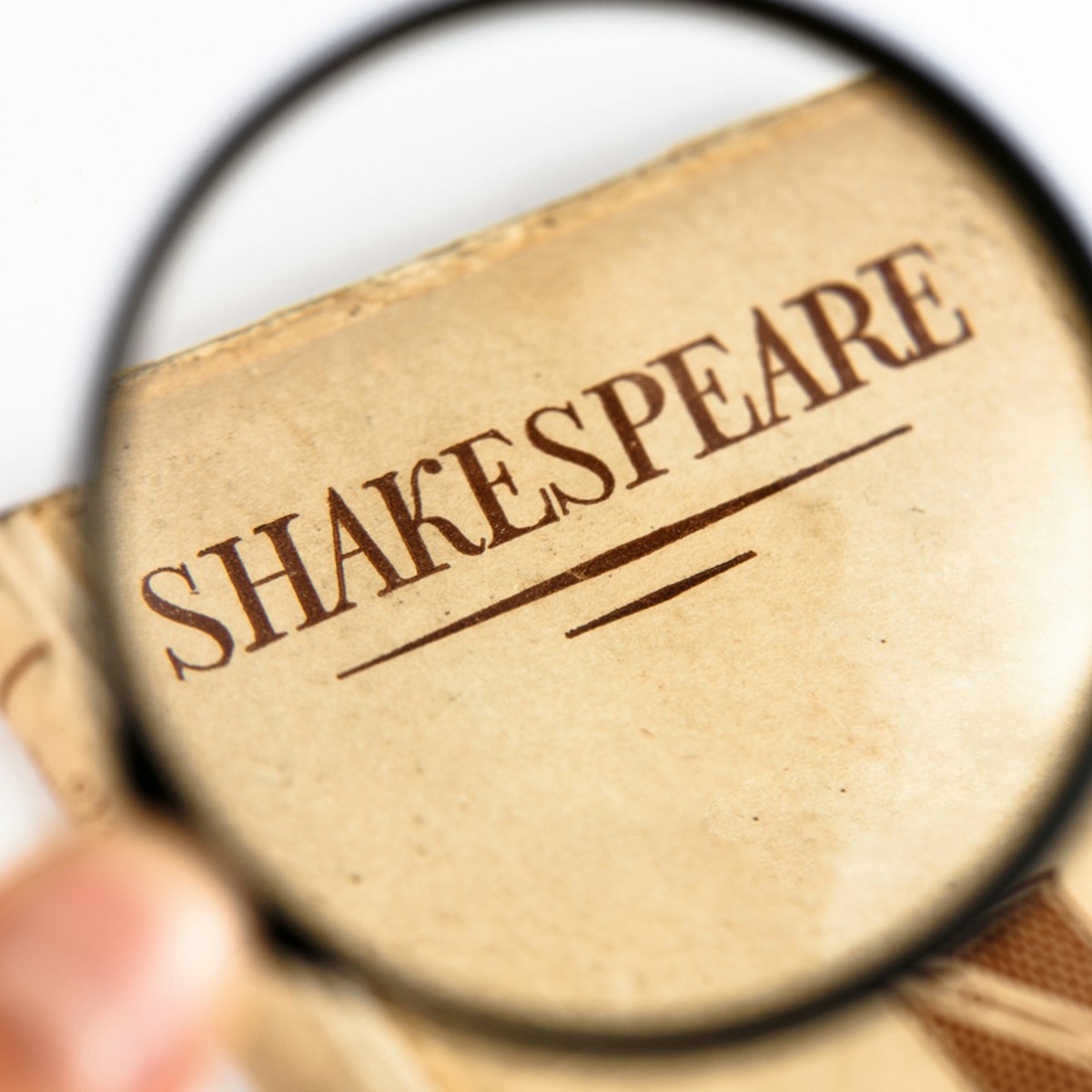
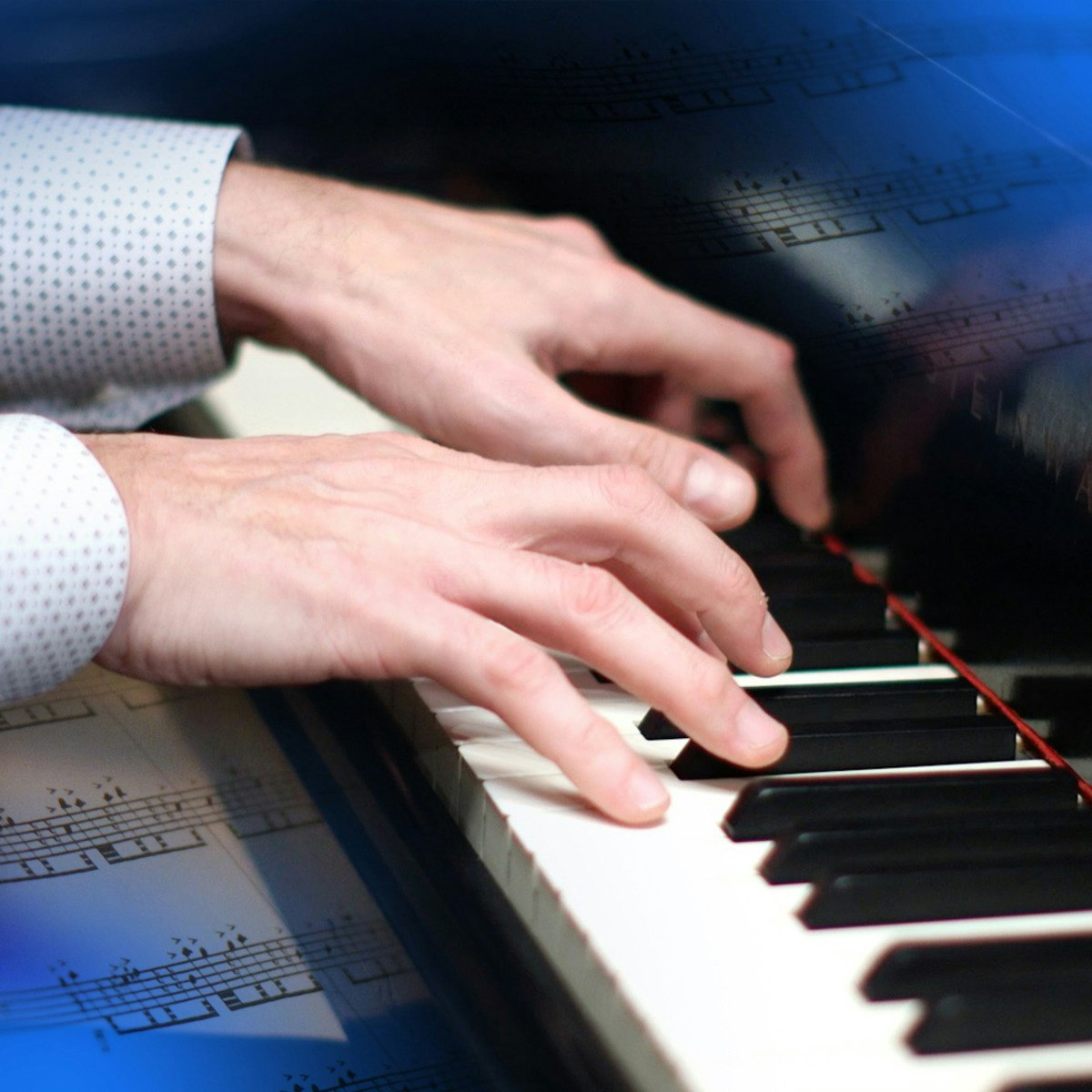
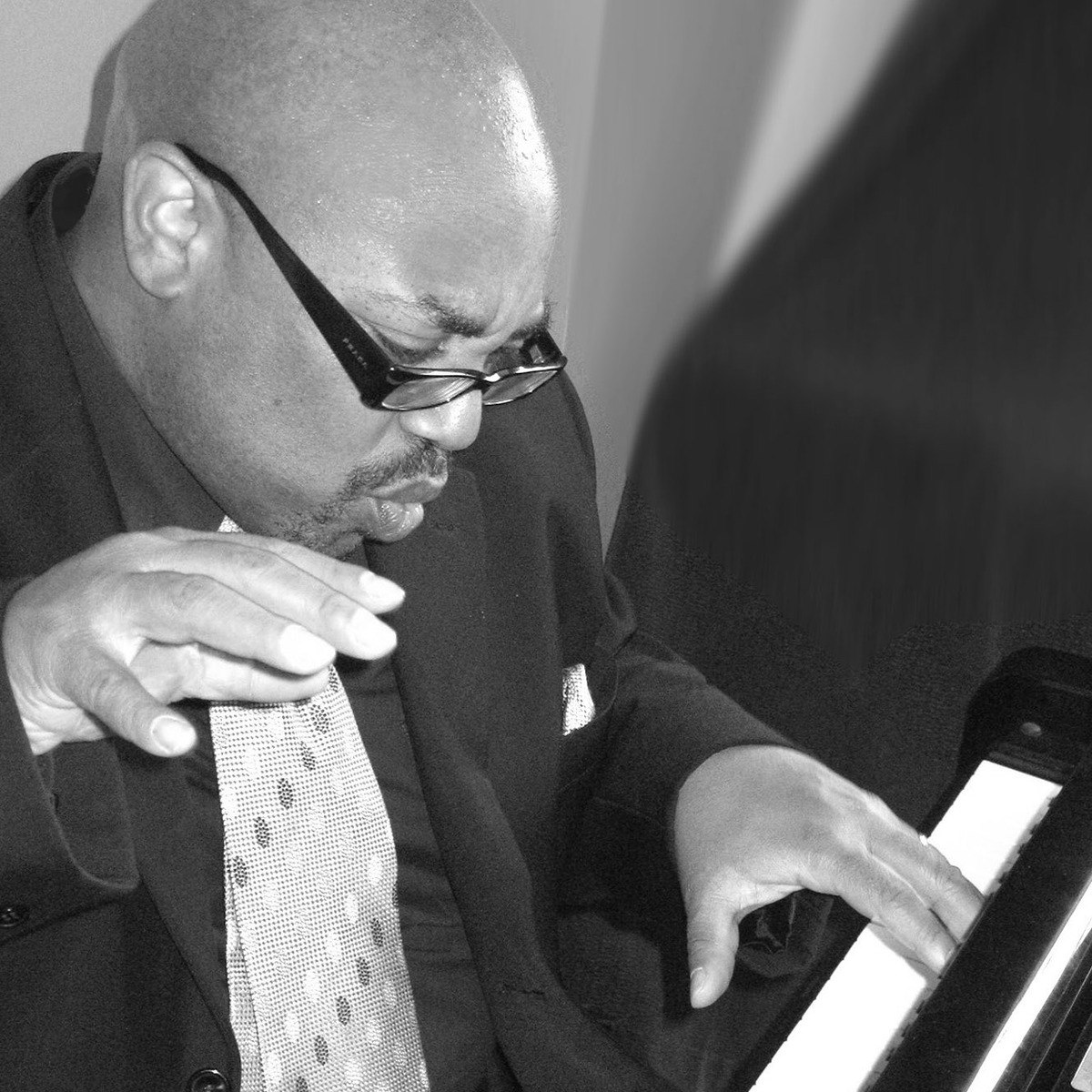
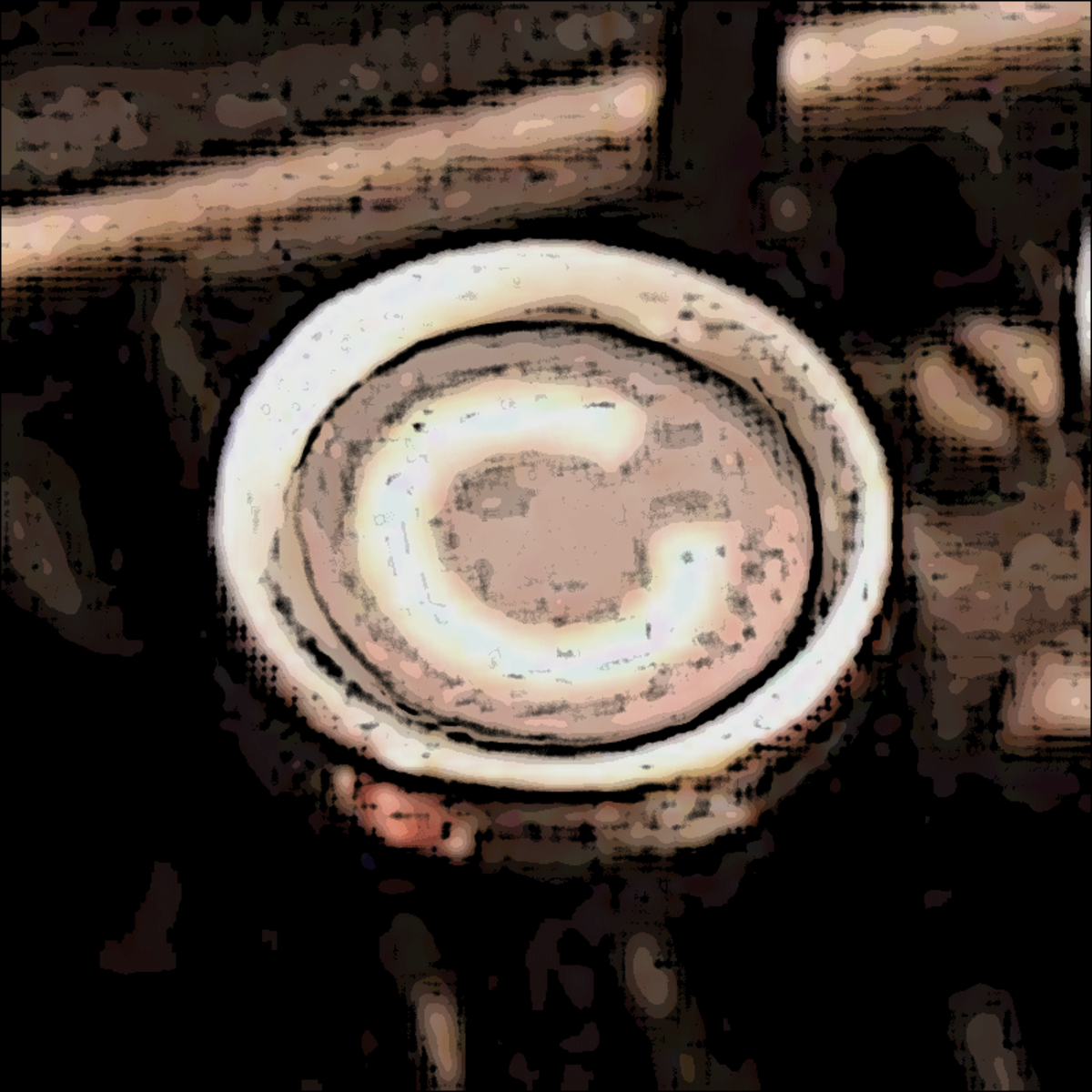
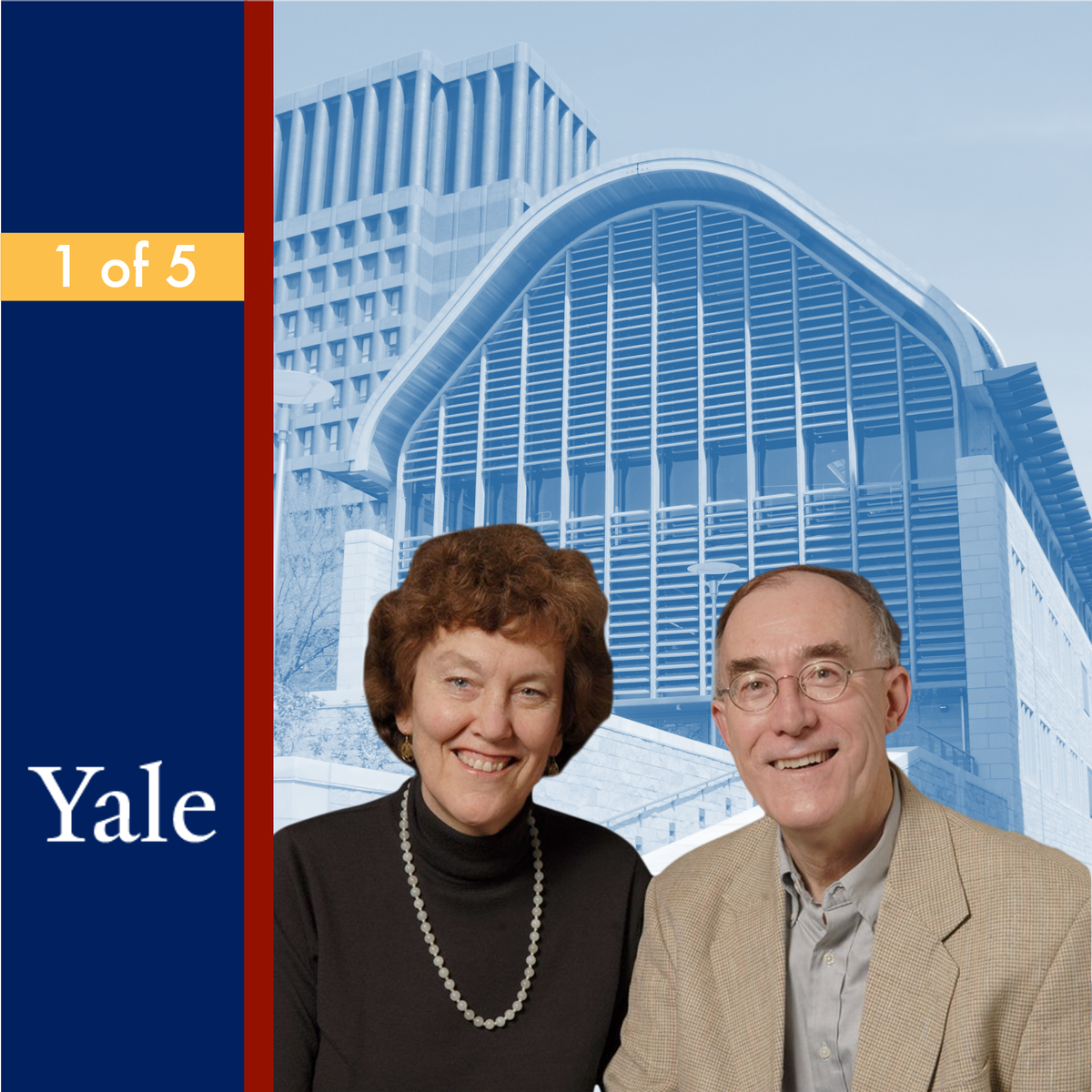
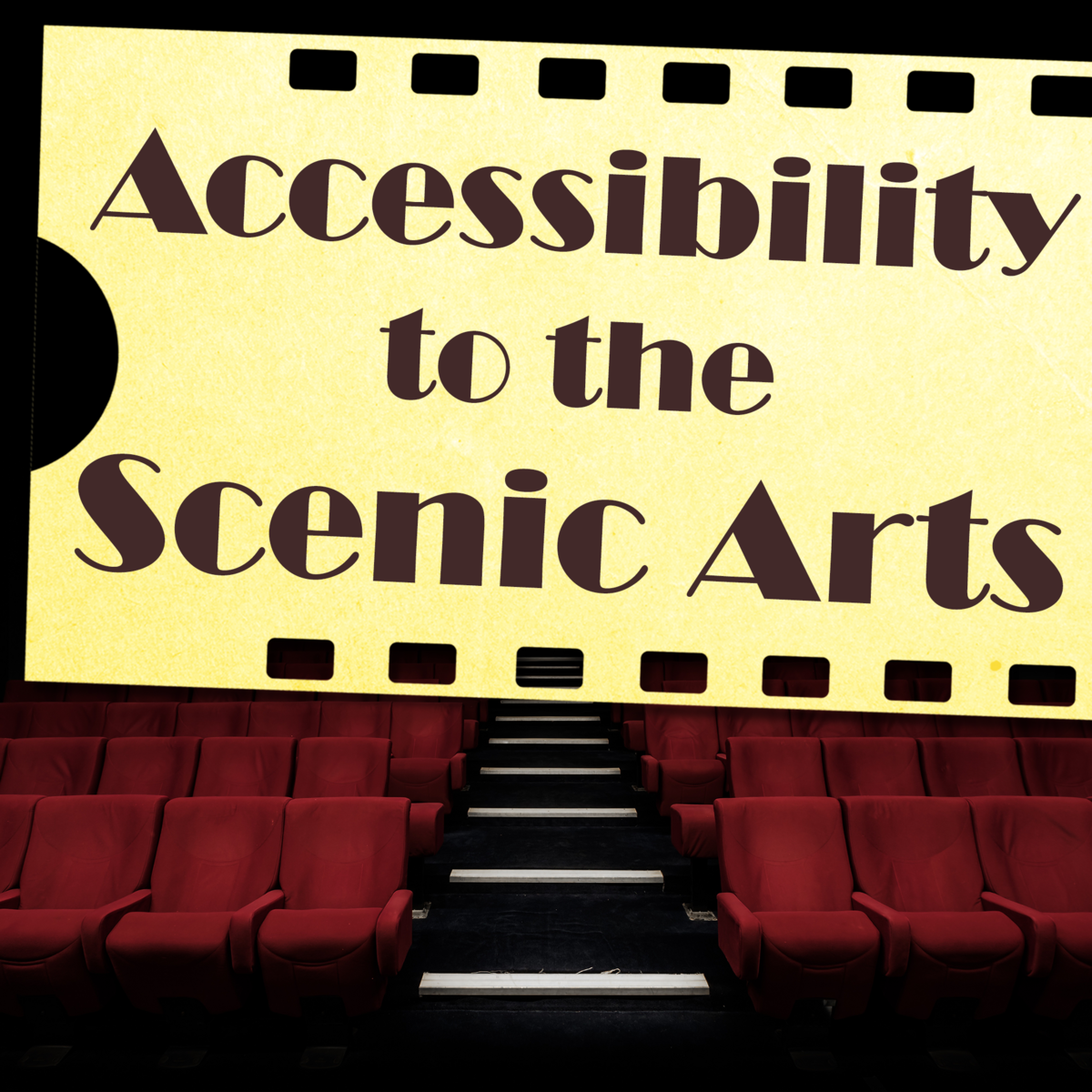

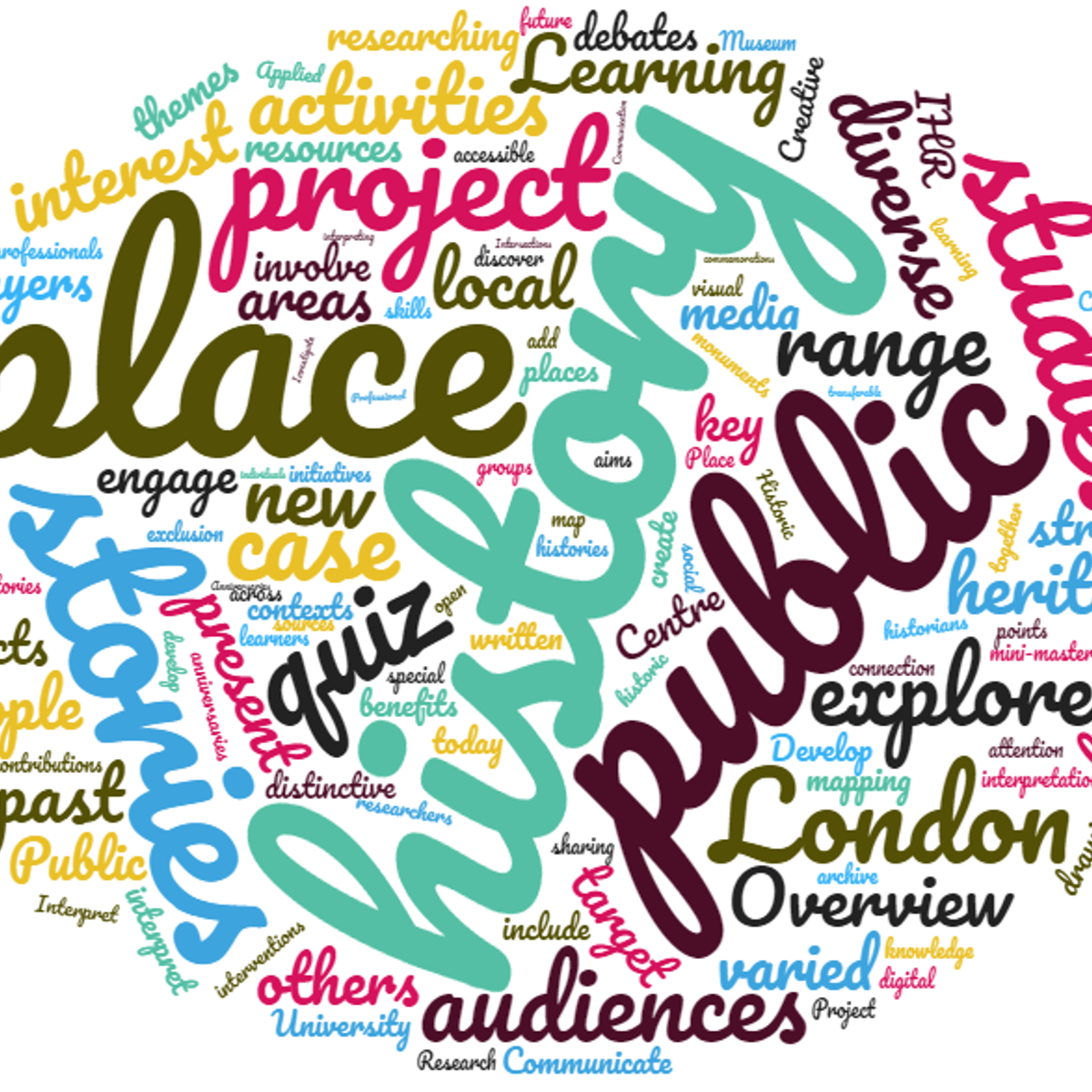
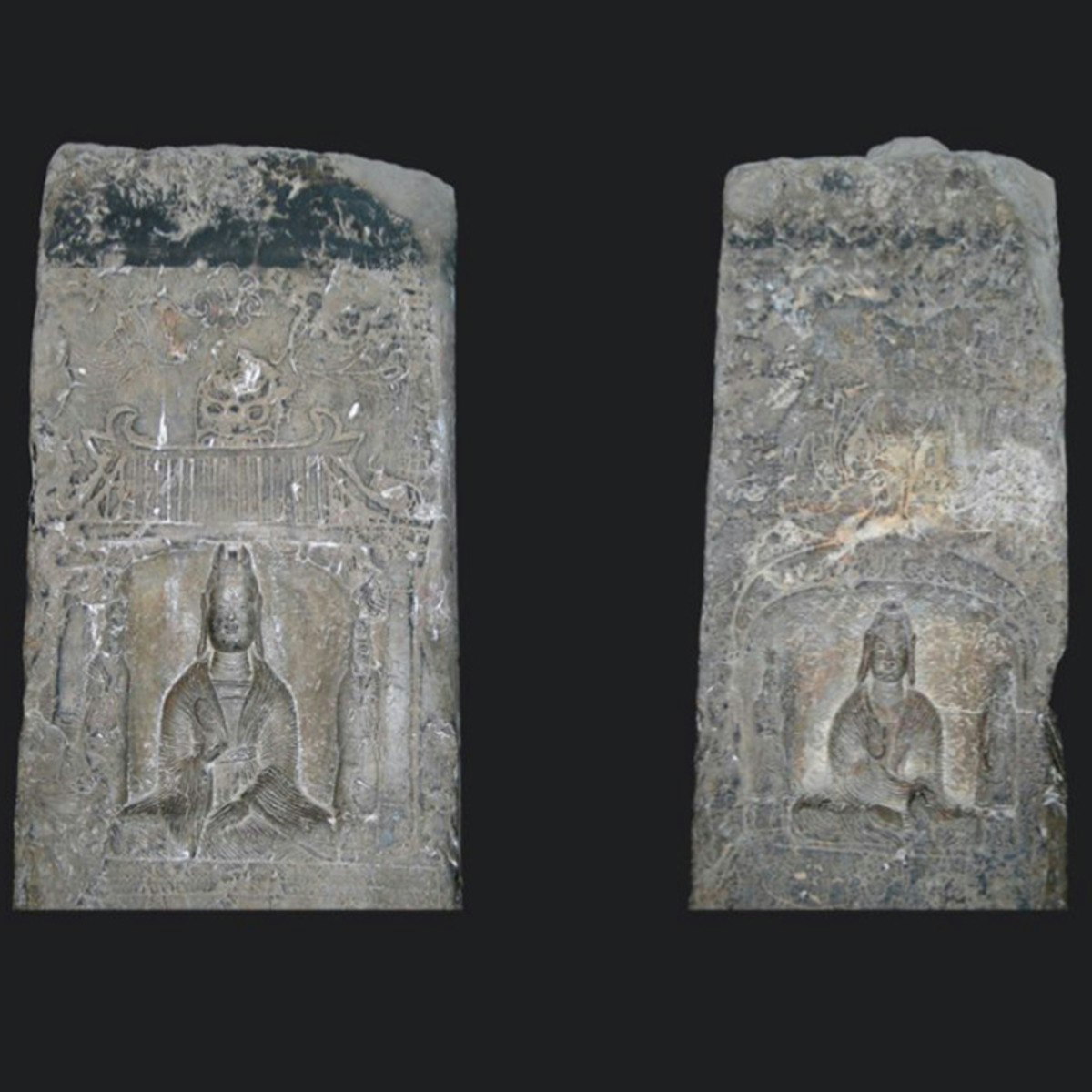
Arts And Humanities Courses - Page 3
Showing results 21-30 of 464

The Art of Vocal Production
This course addresses recorded vocal performances and the technologies used to highlight and support them in modern record production and mixes. Most of us know that vocals serve as the focal point of modern recordings but many do not know the tools used or when the tools are used best in modern record production.
The course begins with simple vocal placement in a mix, where you will also learn the fundamentals of compression and equalization. You’ll further study delays and reverbs before moving to advanced concepts in audio editing, synthetic processing, automatic & graphic pitch correction, time compression, time expansion, flex and elastic audio.
Through analysis and/or hands on projects that the students will post for peer review, the student will gain an understanding of the many choices available to modern record producers as they record and mix with a modern tool set. You’ll see, in action, the Vocoder, Auto-Tune, Melodyne, Elastic Audio, Flex Time, VocAlign, tempo based editing and a host of other file modification protocols that are readily available on most Digital Audio Workstations. This course gives students a thorough look at the expanded choices that have risen in the art of vocal production as a result of these modern tools.
The goal of the course is to help interested novices understand the recordings they are listening to, performers find an expanded language for their recorded voices and for vocal producers to be able to create musically artistic visualizations using singers as their paintbrushes.

Introduction to Who Wrote Shakespeare
This free course from the University of London explores critical thinking, and the interpretation of texts, through the Shakespeare authorship question. Using doubt about Shakespeare’s authorship as our playground, we will explore the key concept of authorship attribution, while developing skills in literary analysis, interpretation, and argument. Through forensic exploration of key texts, you will learn why Shakespeare’s authorship is questioned, and what evidence is cited on both sides of the debate.
For those of you interested in exploring the works of Shakespeare from a new angle, or just wanting to hone your analytical thinking skills, this course offers an introduction to a fascinating area of interest. Those of you already interested in the Shakespeare authorship question will be encouraged to question your own assumptions in fruitful ways. Whether undertaken as a standalone course, or as preparation for the University of London BA in English, this course will be food for thought.

The Blues: Understanding and Performing an American Art Form
The blues is an American art form and the most important musical form in jazz. Although there are other formal paradigms of the blues, such as 8-bar or 16-bar, this course focuses on different incarnations of the 12-bar blues. There are considerable differences between Early Jazz blues, Swing blues, Bebop blues, Modal blues, and Post Bop blues. Each type has its unique harmonic syntax, melodic vocabulary and, associated with them, improvisational techniques. While other aspects of jazz performance practice have been constantly changing from one stylistic convention to another, the blues has never lost its identity and expressive power, and continues to exert a powerful influence on the harmonic and melodic syntax of jazz.
This seven-week course explores important aspects of the blues, blues improvisation, basic keyboard textures, jazz harmonic and melodic syntax. Topics include: (1) Blues Progressions; (2) Blues and Other Scales; (3) Improvisational Tools, and others. This course will also cover valuable theoretical concepts enabling the student to master the art of jazz improvisation. Each topic will be introduced from a practical perspective with the clearly stated goal: to improve one’s improvisational skills. Jazz improvisation is rooted in spontaneity, creativity, self-expression and, at the same time, self-control and order. A unique pedagogical approach based on a one-to-one musical interaction conducted with different instrumentalists will help to reinforce many of the concepts introduced in this course and realize its stated objectives.

Developing Your Musicianship: Final Project
This course will guide you through the final project for the Developing Your Musicianship Specialization. This course will continue to help you apply the musical concepts you learned throughout the specialization, enabling you to create and perform a 36-measure composition. Taught by Berklee College of Music professor George W. Russell, Jr., the course includes four videos in which George models each stage of the project. Through peer feedback and discussion, practice, and applying what you’ve learned, this final project will hone your skills as a musician.

Creative Writing: The Craft of Character
At the center of a good story are the characters in it. In this course aspiring writers will discover how to build and bring to life complex, vivid and unforgettable characters. We will study the choices a writer makes to bring all characters to life on the page, and we will perform written exercises in order to develop a variety of writing and pre-writing techniques, in order to create a variety of characters. We will learn how to use our own life experiences, and the people we know (and how not to!). We will develop inner (thoughts and feelings) and outer (appearance, habits, behavior) lives for our characters and see how that can lead us to richer and more interesting stories. We will breathe life into our characters and let them surprise us.

Introduction to Religions & Ecology
At first glance the fields of religion and ecology may seem and unlikely pairing, but a deeper consideration reveals the two have a great deal to contribute to one another and are indeed inextricably linked. Religions recognize the unity and interdependence of humans with nature. Ecological sciences affirm this deep interconnection with the natural world. This partnership can inspire work for the wellbeing of the Earth community
There is a need for broader literacy and deeper knowledge of the world’s religions and their ecological contributions. This specialization, starting with this course, contributes such a perspective. Each course celebrates the vitality of religiously-informed action for the Earth and recognizes the longstanding contributions of Indigenous peoples in offering visions and practices for ecological flourishing.
This course is part one of the "Religions and Ecology: Restoring the Earth Community" series of classes that focuses on the ecological dimensions of religious traditions throughout the world. The course you are about to begin is designed as a gateway to the other classes. It describes the nature of religion as well as the emergence of the field of ecology. In addition, it highlights concerns for forestry issues, the climate emergency, global ethics, and environmental justice.
This course is for lifelong learners curious to know more about world religions and ecology, environmental professionals eager to deepen the discourse of environmental protection and conservation, those working with non-profit organizations and NGOs on issues of ecological justice, and religion leaders and laity who wish to know how they can contribute to interreligious dialogue on environmental projects.

Accessibility to the Scenic Arts
Is your show accessible?
When we ask about accessibility to shows, most people think about access for wheel chairs: the sitting arrangements and where their WC is accessible.
When we ask for more details, people usually think about producing a show where persons with disabilities are performing, for example producing a show where there is some dancing with people on wheel chairs.
Accessiblity for us is a comprehensive concept that goes from purchasing a ticket through an accessible website to catching the bus back home after the performance on accessible public transport. Accessible webs, accessible web content, accessible transport, subtitling, audio description... the possiblities are endless.
Why is this course useful?
To make the venue and the production accessible to all citizens, and specially to persons with disablities. The course will go through the many accessible services you can offer, and how to implement them in your venue or your production. The final aim is to mainstream accessibility so all people have equal access to culture.

Graphic design: pop your Linkedin with 3D effect using Canva
By the end of this project, you will learn how to use Canva to create a simple 3D effect for a customised cover image to enhance your Linkedin profile.
Canva is a graphic design platform, used to create visual contents such as social media graphics, presentations, posters, documents...The users can create their own graphic or choose from many templates ready to use. The platform is free to use with optional paid subscriptions for additional functionality.
LinkedIn is the largest business and employment-oriented online service that operates via websites and mobile apps. The platform is structured as a social platform mainly used for professional networking, and allows job seekers to post their CVs and employers to post jobs. Being largely used by recruiters and sales professionals, LinkedIn allows members (both workers and employers) to create profiles and "connect" to each other in an online social network which may represent real-world professional relationships.

Applied Public History: Places, People, Stories
This course introduces learners to applied public history: understanding and interpreting the past today, and engaging diverse communities in the practice of making and sharing histories. The course draws on project case studies, expert insights and diverse perspectives to model exciting approaches to researching and sharing the history of places and people. Learners will develop a toolkit to apply in their own practice, by participating in discussion, quizzes, creative activities and mini masterclasses.
What kinds of stories can we discover through research into the history of places and people? How do we engage diverse communities with those stories today? What kinds of imaginative approaches can we use to interpret the past? And what tools and opportunities can we create to include new groups and individuals in local research initiatives? Led by the Centre for the History of People, Place and Community at the Institute of Historical Research, University of London – the UK’s national centre for history – this course investigates these questions and helps learners develop transferable approaches to their own local history and heritage interpretation.

Religious Transformation in Early China: the Period of Division
This sequence of four courses will propose a multi-disciplinary approach to the study of Chinese cultural history conceived of as a succession of modes of rationality (philosophical, bureaucratic, and economic). The focus will be on the moments of paradigm shift from one mode of rationality to another. For each of these moments, cultural facts and artifacts—thought, literature, ritual—will be examined in relationship to changing social, political, and economic systems.
The first two courses will cover the periods of the Warring States (481-256 BCE) and the Period of Division (220-589 CE), with a brief excursion into the Han (206 BCE-220 CE). The Warring States laid the social and cultural foundations for the emergence of the imperial mode of rationality; the Period of Division saw the Buddhist “conquest” of China and the emergence of a rationality defined by the opposition of the Three Teachings to shamanism, that is, of a clear contrast between elite and popular culture.
The third and fourth courses will focus on the emergence of modern China in the Song-Yuan (960-1368) and of today’s China 1850 to the present. We will see how the modern attack on religion, redefined as "superstition", led not only to religious reform movements but also to a society in which science and the nation became the primary value systems promoted by the state.
The courses are listed below:
A Critical Cultural History of China - Early China I: Intellectual Change in the Warring States and Han (481 BCE-220 CE)
A Critical Cultural History of China - Early China II: Religious Transformation in the Period of Division (220-589 CE)
A Critical Cultural History of China - Modern China I: Religion and Thought in the Song, Jin, and Yuan (960-1368) (To be launched in late 2018)
A Critical Cultural History of China - Modern China II: Structuring Values (1850-2015) (To be launched in late 2018)
Popular Internships and Jobs by Categories
Find Jobs & Internships
Browse
© 2024 BoostGrad | All rights reserved